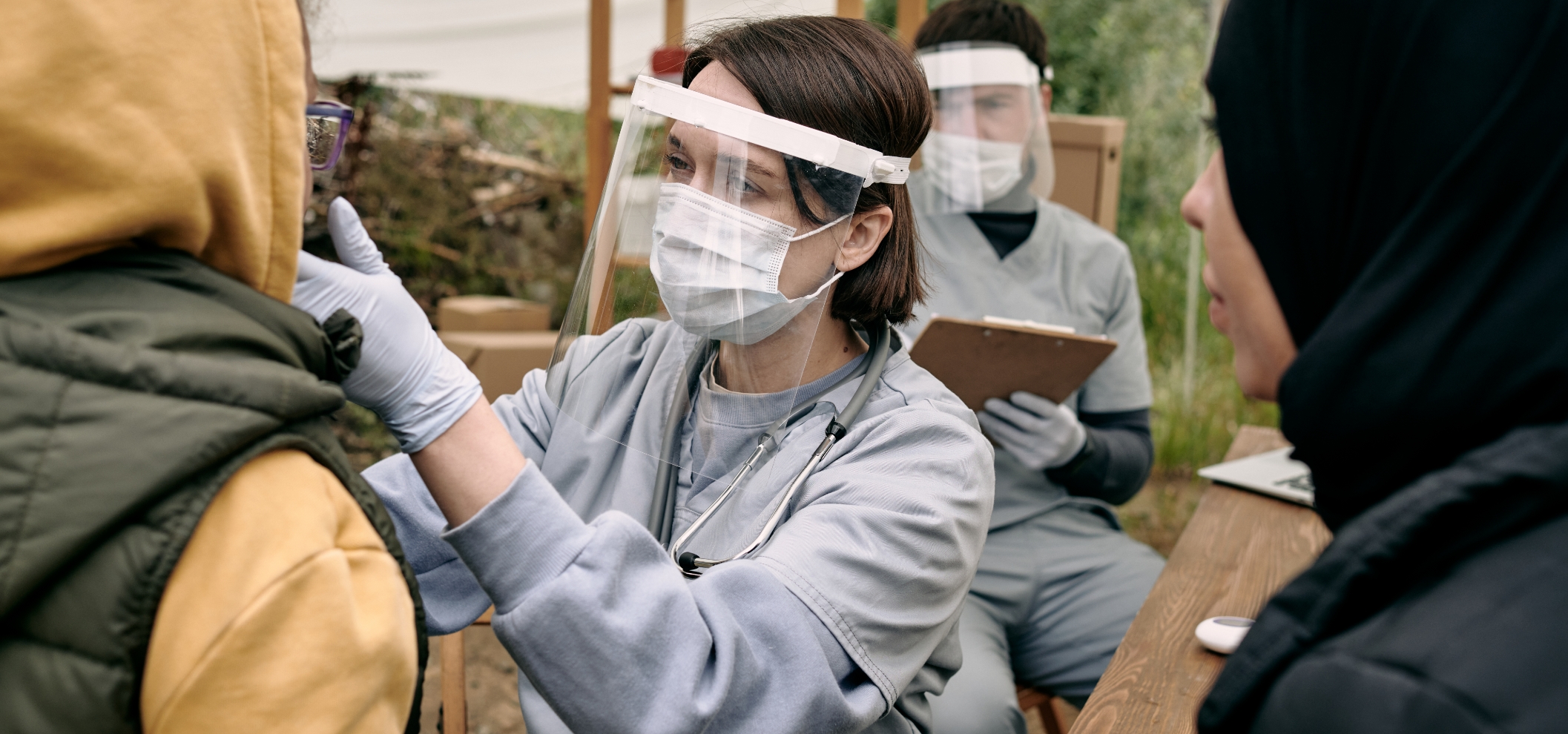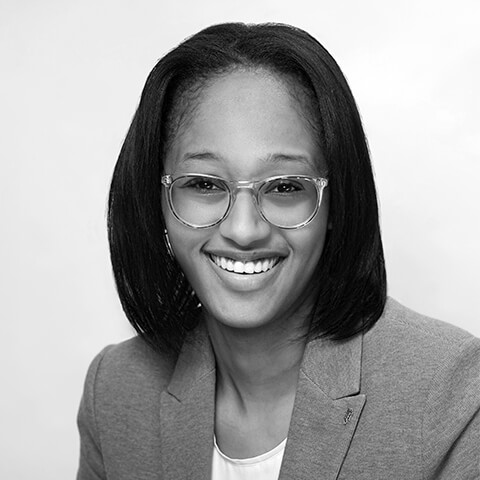As a first-generation American passionate about health and social justice, I think a lot about global migration and its relationship to health. I studied these issues and their intersections in college, and I wrote my senior thesis about terminal illnesses among undocumented immigrants in the United States. On a more personal note, I am only the second person in my Trinidadian American family to be born in the U.S., and I also grew up in Bed-Stuy, Brooklyn, a cultural melting pot of new and established immigrants.
Today (June 20) is World Refugee Day, a day to focus on the needs of people around the world forced to leave their homes in times of conflict. While my family emigrated from the Caribbean to pursue the American dream, not as refugees, any child of new Americans can empathize with what it takes to start over in the U.S.
The Ukrainian crisis and refugee health
In recent months in Ukraine, there have been at least 43 attacks on healthcare facilities and patients, clinical trials have halted, and UNICEF, UNFPA, and WHO issued a joint statement asking Russia to stop attacks on Ukrainian health facilities. Pavlo Kovtoniuk, the co-founder of the Ukrainian Healthcare Center, called the attacks “cruel, inhumane and deliberate.” As a result of this crisis, Ukrainian refugees are entering host countries with heightened health problems, putting an even greater strain on health systems.
Ukrainian refugees seem to have generated empathy from people across developed countries in a way that Syrian, Afghan, Sudanese, and other black/brown groups have not enjoyed in the past. This crisis has exposed deep racism in who can secure refugee status, highlighting the wealthy world’s selective empathy towards refugees from European backgrounds.
President Biden has pledged to accept 100,000 new refugees from Ukraine. As we prepare to welcome this new influx of refugees, let’s consider their urgent need for access to healthcare.
Meeting refugee health care needs
Refugees have a special status in the U.S. Unlike other immigrants – documented or undocumented – refugees are fast-tracked for public assistance, including temporary access to Medicaid. But there’s often a gap between the time they arrive and when this insurance coverage takes effect, leaving new and vulnerable families without access to healthcare. To fill this gap, they can access Refugee Medical Assistance, a government program.
Health is a crucial part of refugee resettlement.
Every state has a Refugee Health Coordinator, whose role is to ensure that refugees receive health screenings on arrival and that they can smoothly access healthcare when they need it, including critical vaccines, access to health education and connecting new refugees to nonprofits and government partners focused on their care.
For example, the nonprofit US Committee for Refugees and Immigrants (USCRI) offers a comprehensive medical screening program for refugees in Texas and Missouri. Doctors screen and treat concerns around nutritional well-being, reproductive health, mental health, dental health, hearing and vision.
Ensuring a holistic resettlement process means providing adequate treatment throughout the continuum of care – from the moment they arrive and throughout a person’s life – including psychosocial support, rehabilitation, family planning and safe sex education, as well as nutritional and palliative care.
Barriers to care for refugees
Eligibility aside, fear, stigma, racism and bias can prevent refugees from accessing the high quality, tailored care they deserve. Commonly faced barriers faced by immigrants are heightened within the refugee population all while they face higher risk for chronic and mental illness as well as gaps in insurance coverage.
Refugees, and other non-native English speakers, also face language barriers. While refugees are entitled to interpreters when seeking medical care, their access to these services depends on where they live. Not speaking English can create challenges from understanding their health benefits or where to go for healthcare, explaining ailments to health professionals and understanding the advice and instructions they receive from providers.
How we can remove barriers to care for refugees
To better understand and support refugee access to healthcare, we need better health communications, funding, advocacy and research.
Funding: Increased funding for more comprehensive health screenings, education on available benefits and ensuring access to translated materials and in-person interpreters could greatly enhance available care.
Advocacy: Groups like UNHCR and the Refugee Health Alliance are constantly underfunded in their work to advance the rights of refugees. The Society of Refugee Healthcare Providers works directly with medical professionals to ensure they are educated on the needs of refugees and lifts up the voice of healthcare providers in policy conversations.
Clinical Trial Participation: Finally, refugees are rarely included in recruitment for clinical trials. We need to include accurate and diverse populations in the development of new medical treatments, and that means mandating that trial designers include people of all backgrounds in their sample groups.
On World Refugee Day and every day, let’s use our collective power to push for these improvements.


